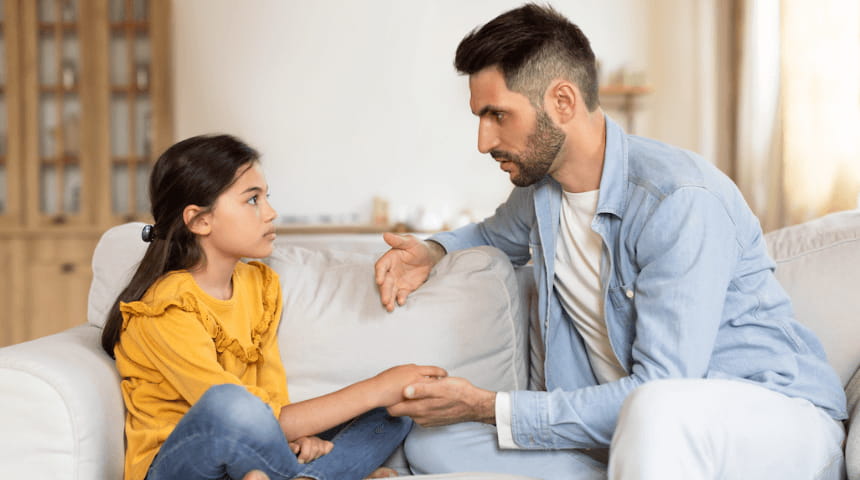This may be hard to imagine, but your depression and anxiety could have its roots in seeds that were planted decades ago – even before you or your parents were born. As we continue to look for the causes of mental health issues afflicting people today, researchers are paying more attention to the concept of intergenerational trauma, also known as historical trauma.
In a nutshell, it’s the idea that a traumatic event experienced by your ancestors was so life-altering that it left a permanent mark. The effect of that damage can be passed down from one generation to the next. And if it reaches you, it can be passed on to your children and grandchildren.
The impact can sometimes be seen in patients seeking help for unexplained anxiety and depression. These conditions may be traced back to a family history of drug abuse, addiction, poverty, food insecurity and family violence.
How Does Intergenerational Trauma Work?
Imagine you have a kindergarten-age child living in a home where his mom is being abused. Even if he doesn’t see the violent acts, the child may witness yelling, crying and general turmoil, forcing him to deal with the emotional trauma.
From this very young age, the child has been set up to react in mentally unhealthy ways to any future negative life events. But the impact can extend well beyond this parent and child. When the trauma is severe enough, it can be felt by future generations.
This is a relatively new area of research, so there is a lot we still don’t know about how intergenerational trauma works. Among the theories is that parents unknowingly pass it to their children through their interactions, behavior, attitudes and beliefs.
Some of the first research into this phenomenon involved Holocaust survivors. After facing that horrific ordeal, they often developed a fearful view of the world. That fear – along with accompanying anxiety and depression – was transferred to their children.
Another theory involves a field known as epigenetics. Researchers are exploring the idea that a traumatic event can leave a chemical mark on genes. It’s not a genetic mutation, but rather a change in the way a gene expresses itself. As a result, a chemical change that makes you vulnerable to depression or other mental health issues can be passed along to your children.
Exploration of historical trauma is looking at a wide range of triggering events, including the Holocaust, slavery, the U.S. internment of 120,000 Japanese Americans during World War II, the 2001 terrorist attack on the World Trade Center, child abuse, poverty and the COVID-19 pandemic.
Health Implications
Intergenerational trauma can have a significant impact on both your mental and physical health. It affects everyone in different ways, including:
- Mental health: There is a greater vulnerability to mental disorders, including anxiety, depression and post-traumatic stress disorder.
- Physical health: The condition is associated with a higher risk for numerous chronic diseases, including diabetes, heart disease and obesity.
- Substance abuse: Drugs and alcohol are often used as coping tools.
- Difficulty with relationships: Trust issues and difficulty communicating are common symptoms.
- Poverty: When intergenerational trauma is linked to poverty, it can be difficult to break the cycle of poverty.
Treatment for Intergenerational Trauma
Treating intergenerational trauma relies heavily on some combination of psychotherapy and behavioral therapy.
With psychotherapy, you and your doctor or therapist will undergo a thorough exploration of your childhood and history in an attempt to find the genesis of your troubles. Through this process, you’ll be looking to identify associated patterns and any resulting unhealthy behaviors.
Once those are identified, treatment turns to healing. Therapy will focus on breaking those patterns and altering your behaviors. The goal is to help you become more self-aware and understanding of how this trauma can be passed to your children. This can be important both for your health and the health of the generations that follow you.
Choose to Stay in Touch
Sign up to receive the latest health news and trends, wellness & prevention tips, and much more from Orlando Health.
Sign Up





